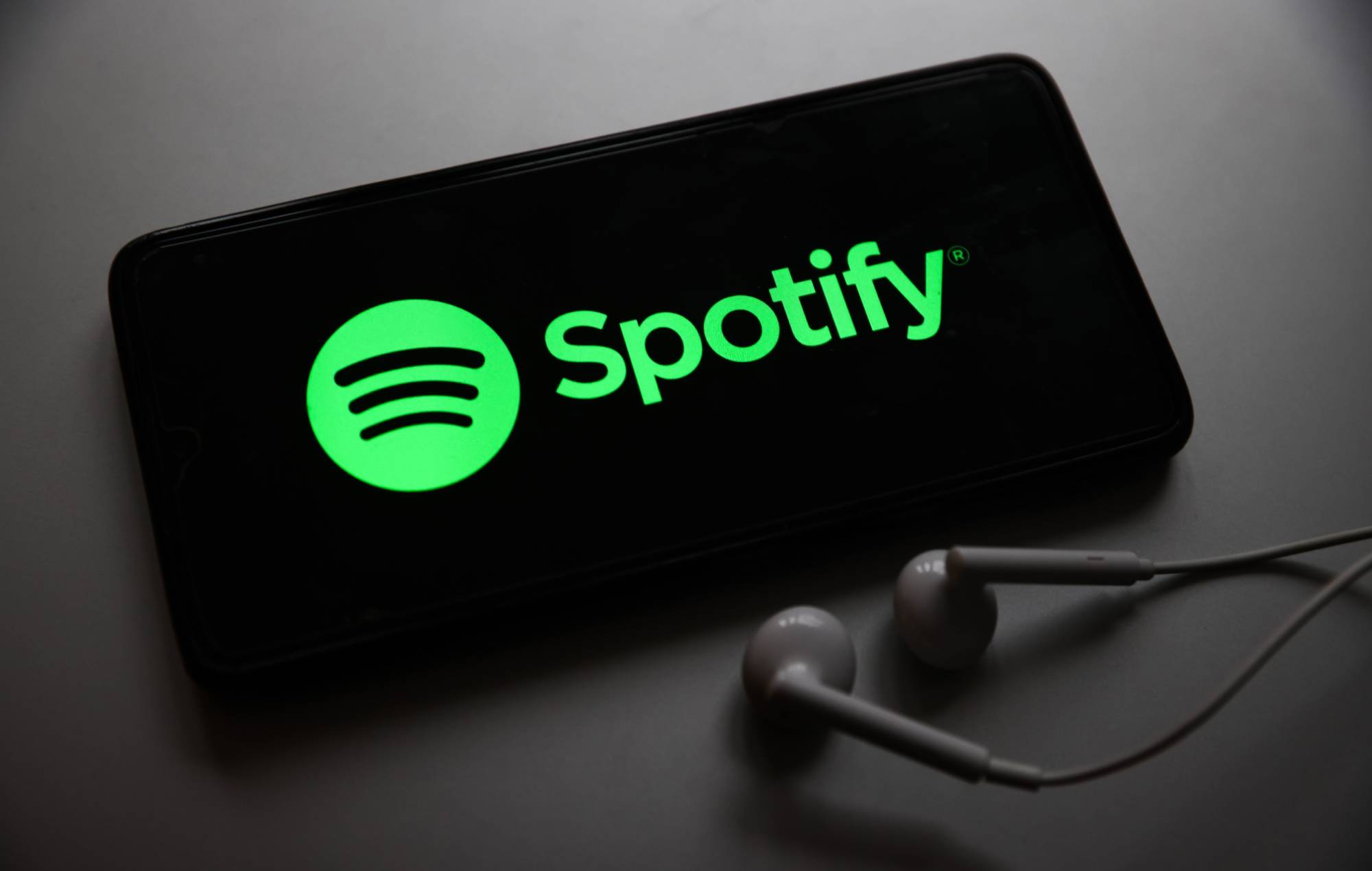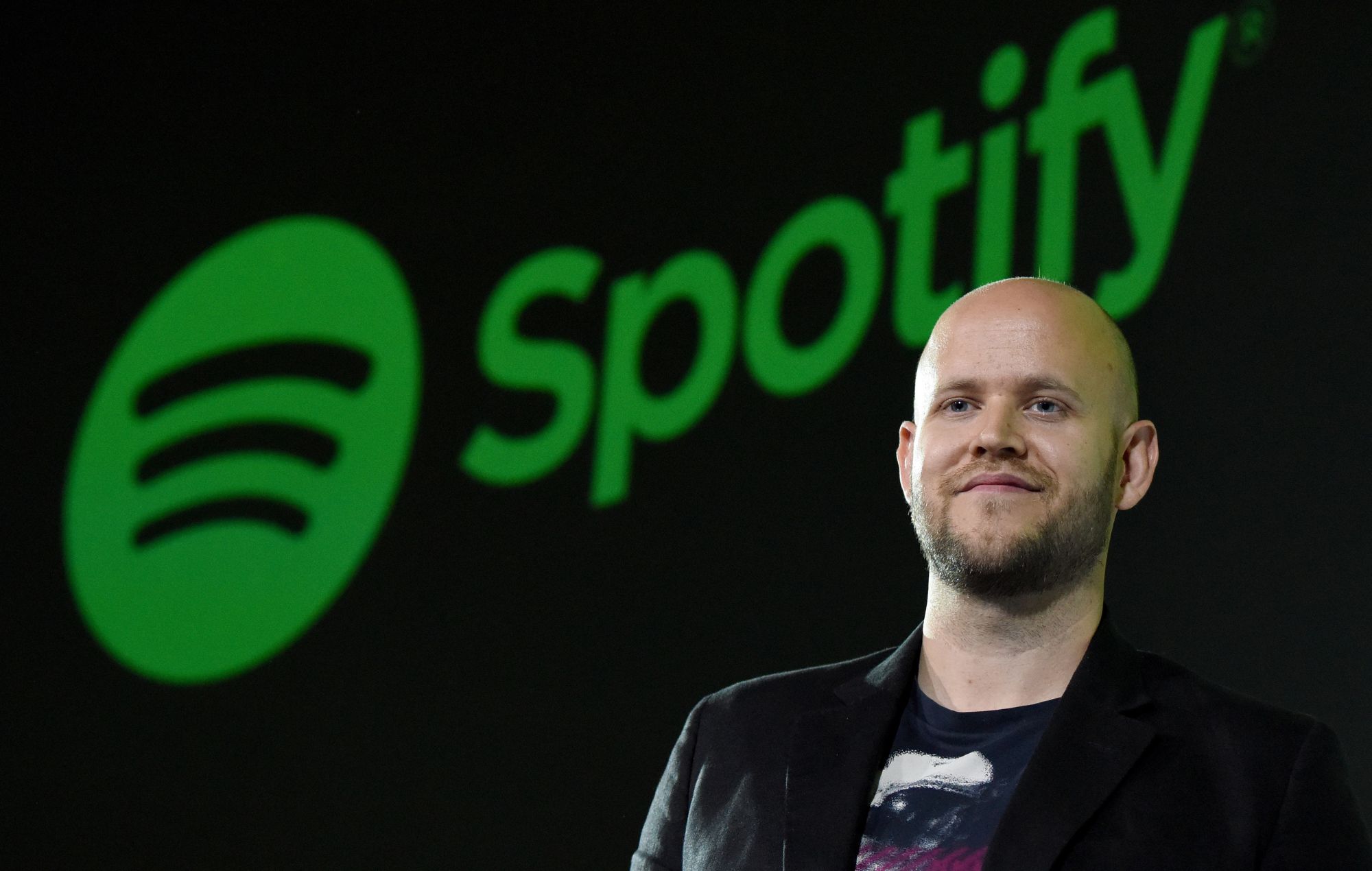
Spotify have announced that it will be raising the price of its monthly premium plan.
Last summer, the streaming platform hiked its subscription prices for the first time ever in the 10 years since the streaming service launched. At the time, the premium plan went up to £10.99 per month, up from the previous price of £9.99 monthly in the UK. In The US, the premium subscription increased from $10 to $11 monthly.
Now, in the US, the price of the streaming platform’s premium subscription will be raised by $1 with it now costing $11.99 monthly. The Duo plan’s price will be raised by $2 at $16.99 per month.
The family plan will see a rise of $3 at 19.99 per month while Spotify’s student plan will remain at the discounted price of $5.99 a month. These new prices will go in effect for existing Spotify subscribers next month. New subscribers will be charged the new prices immediately.
Back in April, the streaming platform implemented a price hike in their streaming plans in five markets, including the UK, Australia, and Pakistan.
Speaking to City A.M., a Spotify spokesperson said that the subscription price hike was done “so that we can keep innovating and delivering value to fans, the music industry, and creators on our platform, we occasionally update our prices”.
Recommended
They continued: “We’ve begun communicating with existing subscribers in the UK to explain what this means for their account.”
The price hikes come as Spotify is under fire after Daniel Ek, the CEO of the streaming giant, made comments implying that it is easier and more affordable than ever to create “content” thanks to modern technology.
“Today, with the cost of creating content being close to zero, people can share an incredible amount of content. This has sparked my curiosity about the concept of long shelf life versus short shelf life,” he wrote.
“While much of what we see and hear quickly becomes obsolete, there are timeless ideas or even pieces of music that can remain relevant for decades or even centuries,” he added, before questioning: “What are we creating now that will still be valued and discussed hundreds or thousands of years from today?”
“I for one don’t make ‘content’. I make music,” wrote KT Tunstall. “It’s *possible* to make music cheaply, but you still need equipment. And making music the way I make it also employs other people and takes time, so yes. It’s such a completely fucking myopic thing for him to say.”
Similar comments were shared by The Future of Music Coalition – who wrote: “It actually can still be expensive to make records, especially if you care about paying your collaborators fairly” – and Primal Scream bassist Simone Marie Butler who wrote: “Fuck off you out of touch billionaire.”

Spotify’s competitor Tidal also responded to the comments and tweeted: “Come on, Daniel. Art is priceless and its ‘cost’ is much more than just money, it’s heart and effort,” it wrote, replying to a news report sharing Ek’s statements. “We thought everyone knew that.”
Ek has since apologised for dismissing the struggles faced by musicians and using the “reductive” label of “content”
Elsewhere, recent reports have revealed that Spotify have made record profits of over €1billion (£860m) – following staff being laid off and subscription prices rising.
At the end of 2023, Spotify announced that it was cutting down 17 per cent of its workforce in order to save costs. That was after an earlier decision to lay off another 6 per cent of its staff at the start of 2023, which at the time it said was to promote “speed”.
It also came following the news that the streaming service had officially demonetised all songs on the platform with less than 1,000 streams. The policy was launched on April 1, but had been planned by the platform for some time. It was quickly criticised for making it harder for artists to generate royalties from their music and restricting new artists looking to crack the music industry.


 50
50